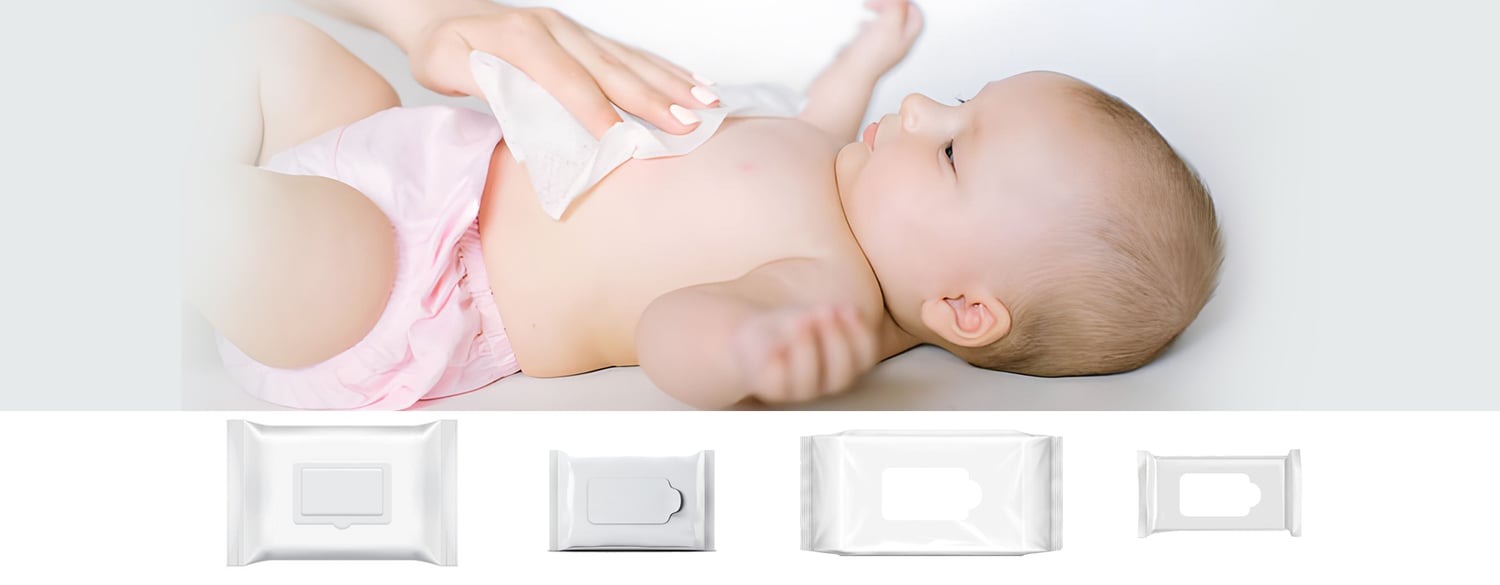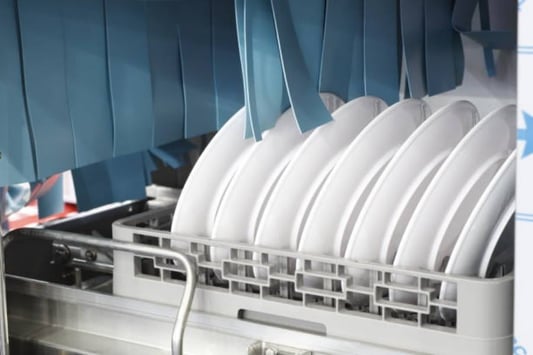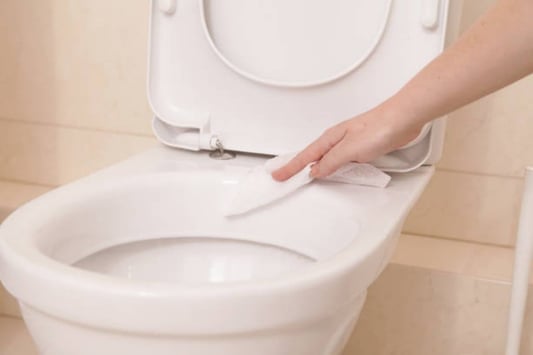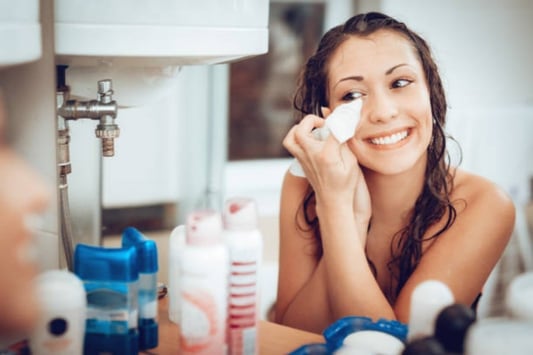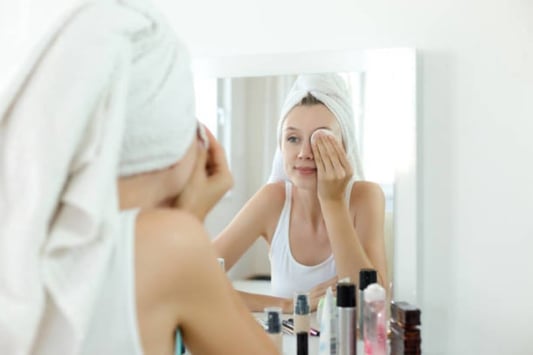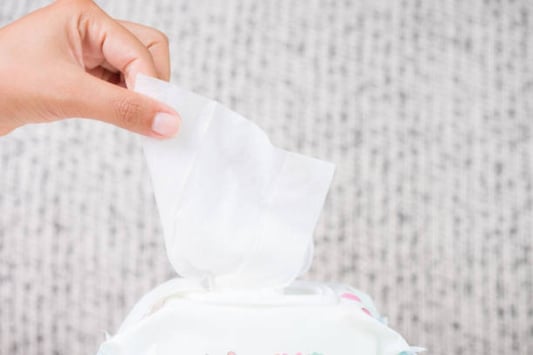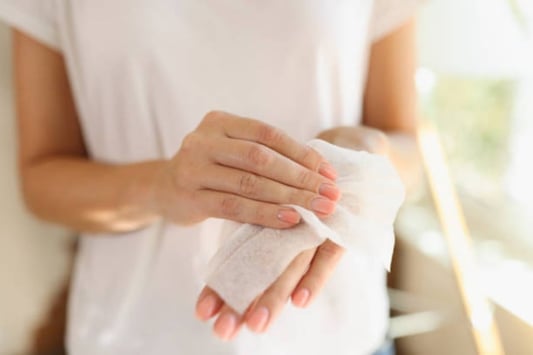IntroductionAs a parent, you always want to ensure that your baby's hygiene is always on top. One of the everyday essentials for a parent is a wet wipe, which comes handy during diaper changes and cleaning up after meals. Switching to baby natural wet wipes is a great way to ensure that your little one's health and the environment are taken care of.The Benefits of Baby Natural Wet WipesUnlike regular wet wipes, natural ones are free from synthetic chemicals, fragrances, and preservatives, which makes them less likely to cause skin irritation or allergies. Natural baby wipes usually contain plant-based ingredients that are gentle on the skin, effective in cleaning up, and nourishing.Environmental FriendlinessNatural baby wipes are made with biodegradable materials that decompose quickly and pose no harm to the environment. They come in recycled, recyclable, or compostable packaging, making them a more sustainable and eco-friendly alternative to regular wet wipes.Hypoallergenic and Safe for Sensitive SkinInfants and newborns have delicate skin that is prone to rashes and irritation. Using chemical-laden wet wipes can do more harm than good to your baby's skin. Natural baby wet wipes are usually hypoallergenic, fragrance-free, and devoid of harsh chemicals like parabens, phthalates, and sulfates, making them an ideal choice for sensitive skin.Cost-EffectiveWhile natural baby wet wipes may seem expensive upfront, they are cost-effective in the long run. Since they are gentle on the skin, they help prevent rashes and irritation, which means fewer trips to the doctor. Also, they come in bulk packaging, making them more economical in the long run.ConvenienceBaby natural wet wipes are easy to use and dispose of, making them convenient for parents on the go. They come in handy during diaper changes, mealtime, or even when traveling.Prevention from Harmful ChemicalsRegular wet wipes contain harsh chemicals, like formaldehyde, which can cause infections, skin irritation, and even cancer. By using natural baby wet wipes, you can protect your baby from exposure to these toxins.Prevents Skin DrynessMany regular baby wet wipes often contain alcohol and other chemicals that can strip your baby's skin of its natural oils, leading to dryness and flakiness. Choosing natural baby wet wipes made from plant-based ingredients will ensure your baby's skin stays moisturized.Multipurpose useNatural baby wet wipes are multi-purpose, making them an all-in-one solution for parents. From cleaning sticky hands to wiping faces and even patting down spills, these wipes have a variety of uses.Easy AvailabilityBaby natural wet wipes are easily available both online and offline, making them more accessible to parents who want to switch to natural baby products. baby natural wet wipes, natural baby products, gentle on the skin, biodegradable, hypoallergenic, eco-friendly, cost-effective, convenienceMake the Switch to Baby Natural Wet WipesMake a eco-friendly and gentle switch to baby natural wet wipes that are cost-effective, hypoallergenic, and biodegradable. Available both online and offline.Quote InquiryContact Us

